7 most influential women who shaped the 20th century
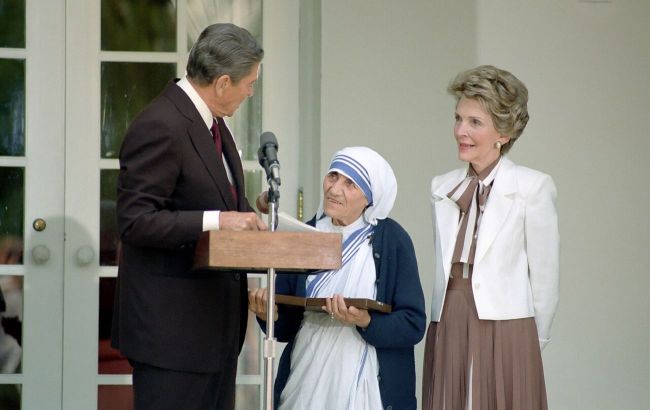 Ronald Reagan presents Mother Teresa with the Presidential Medal of Freedom (photo: Wikipedia)
Ronald Reagan presents Mother Teresa with the Presidential Medal of Freedom (photo: Wikipedia)
In the 20th century, women played key roles in politics, science, art, and social life, leaving an indelible mark on history. They changed the rules, broke barriers, and paved the way for future generations.
Here are the 7 most influential women of the 20th century whose achievements changed the world.
Marie Curie (1867 - 1934)
Marie Curie was the first woman to receive the Nobel Prize and the only person to win it in two different scientific fields. Her discovery of radioactivity paved the way for the development of modern physics and medicine.
Together with her husband Pierre Curie, Marie discovered the elements radium and polonium. Besides her scientific achievements, Curie actively advocated for the recognition of women in science and inspired many women to study the natural sciences.
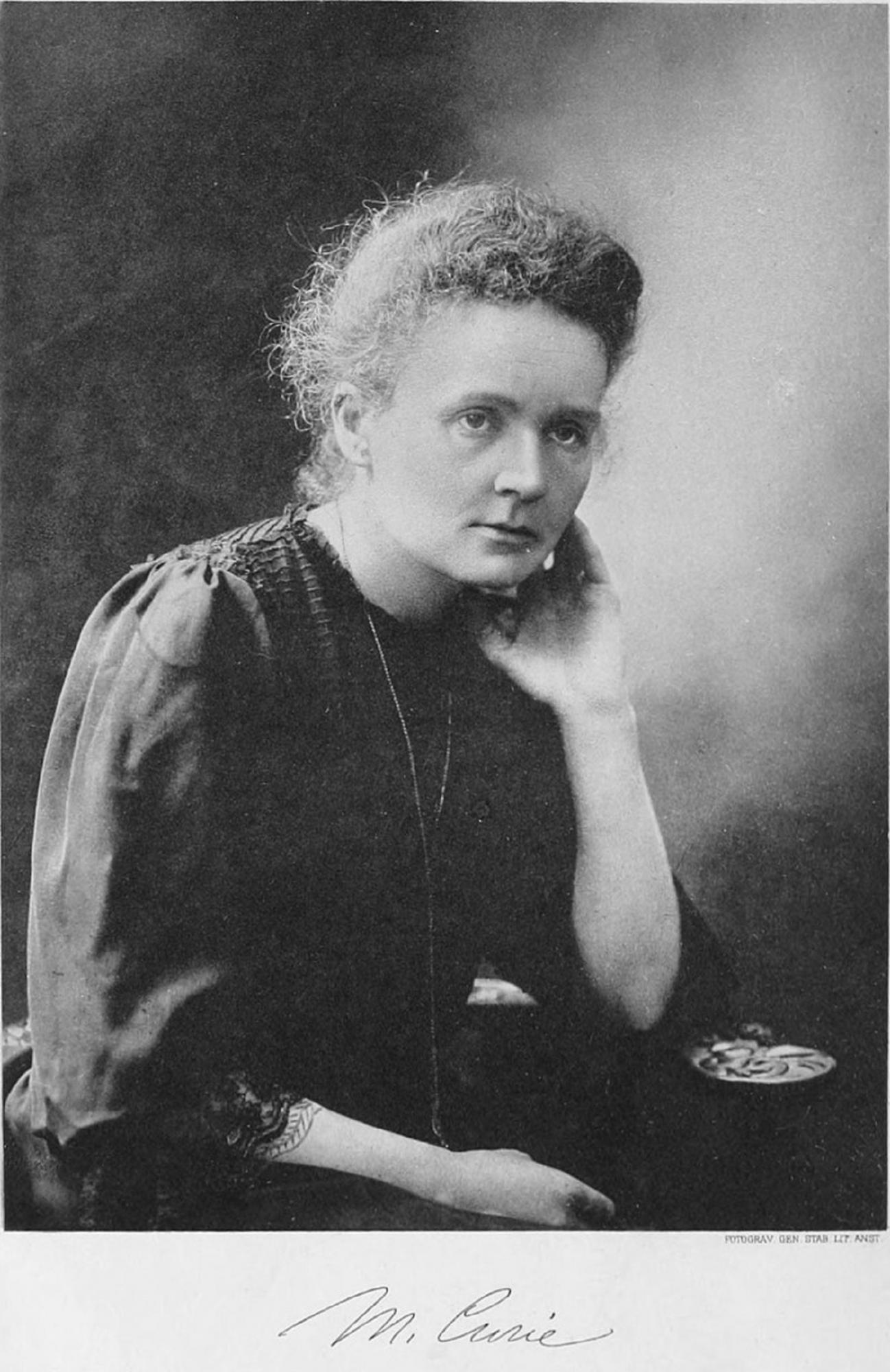
Marie Curie (Photo: Wikipedia)
Eleanor Roosevelt (1884 - 1962)
Eleanor Roosevelt was not only the wife of US President Franklin Roosevelt but also an independent political figure. She became one of the most influential women of her time, advocating for human rights, refugee protection, and equality.
Roosevelt was also an active participant in the creation of the United Nations and played a key role in drafting the Universal Declaration of Human Rights.
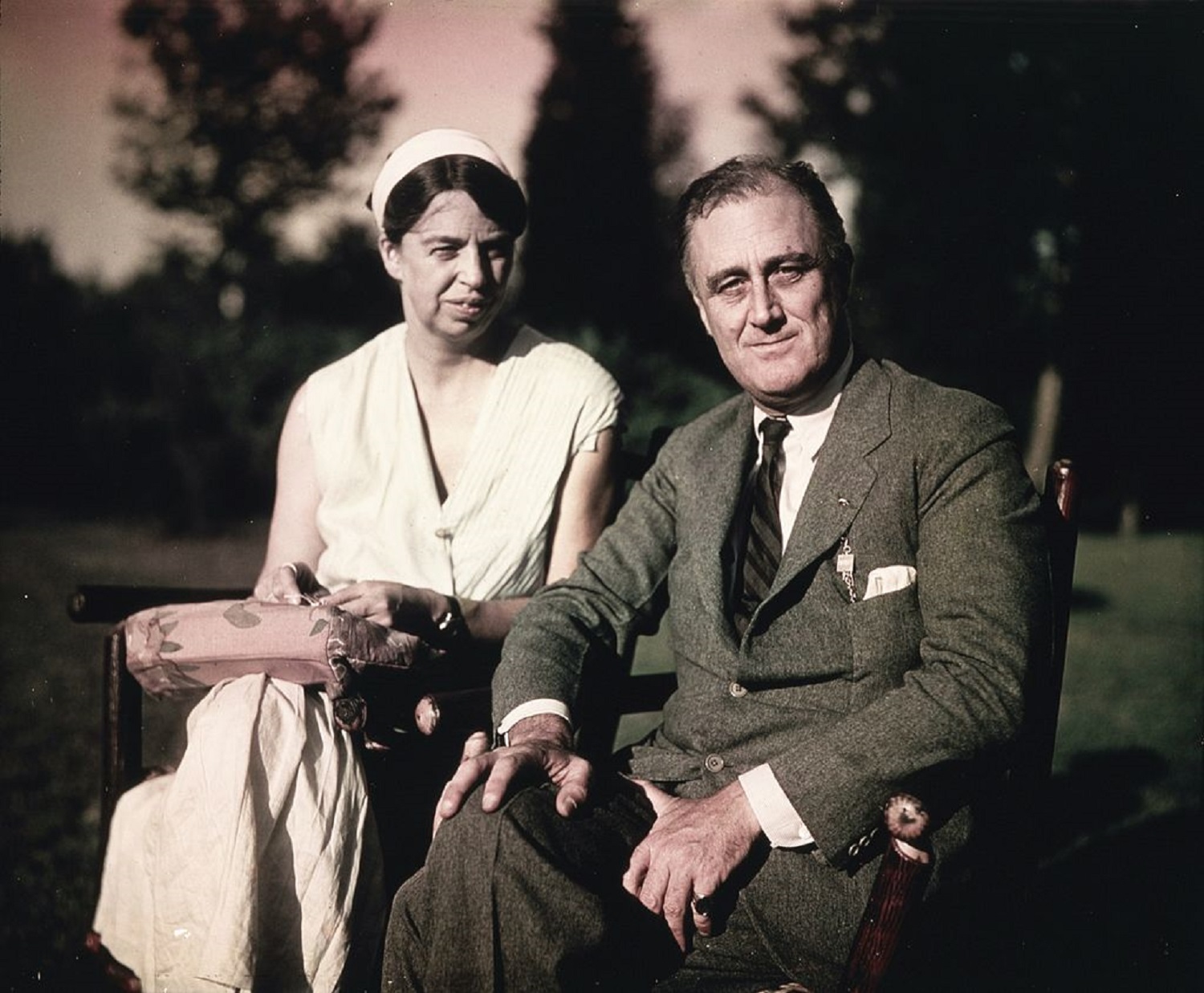
Eleanor Roosevelt and US President Franklin Roosevelt (Photo: Wikipedia)
Indira Gandhi (1917 - 1984)
Indira Gandhi was the first female Prime Minister of India and remains one of the country's most influential political leaders.
She led India for two decades, significantly contributing to economic development and strengthening national security. Her Green Revolution policy increased agricultural productivity, saving millions from starvation.
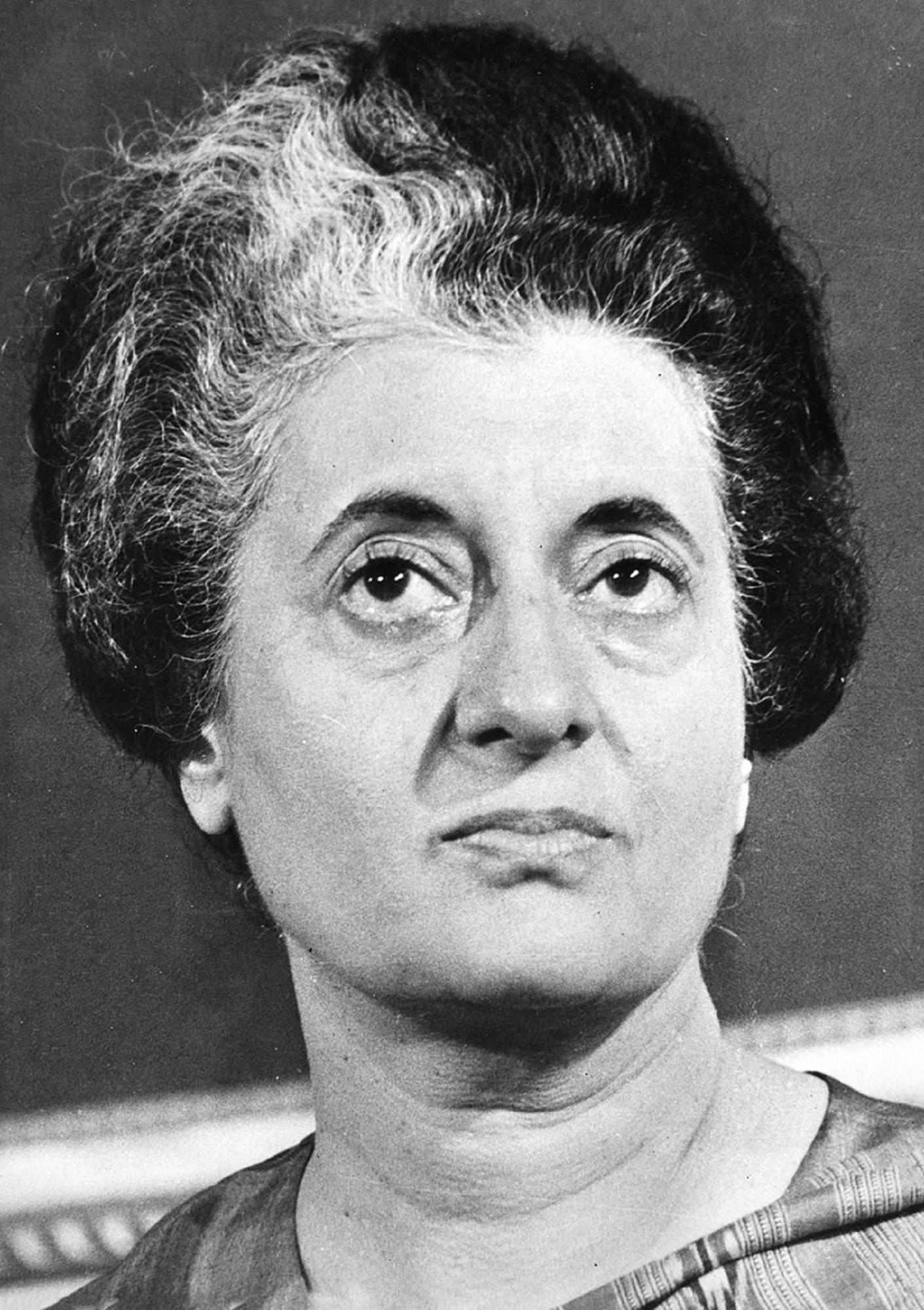
Indira Gandhi (Photo: Wikipedia)
Margaret Thatcher (1925 - 2013)
Margaret Thatcher, known as the "Iron Lady," was the first female Prime Minister of the United Kingdom. Her firm policies, economic reforms, and unwavering principles changed the course of British politics in the 1980s.
Thatcher played a crucial role in strengthening the West's position during the Cold War and reformed the country's economic structure, emphasizing privatization and market mechanisms.
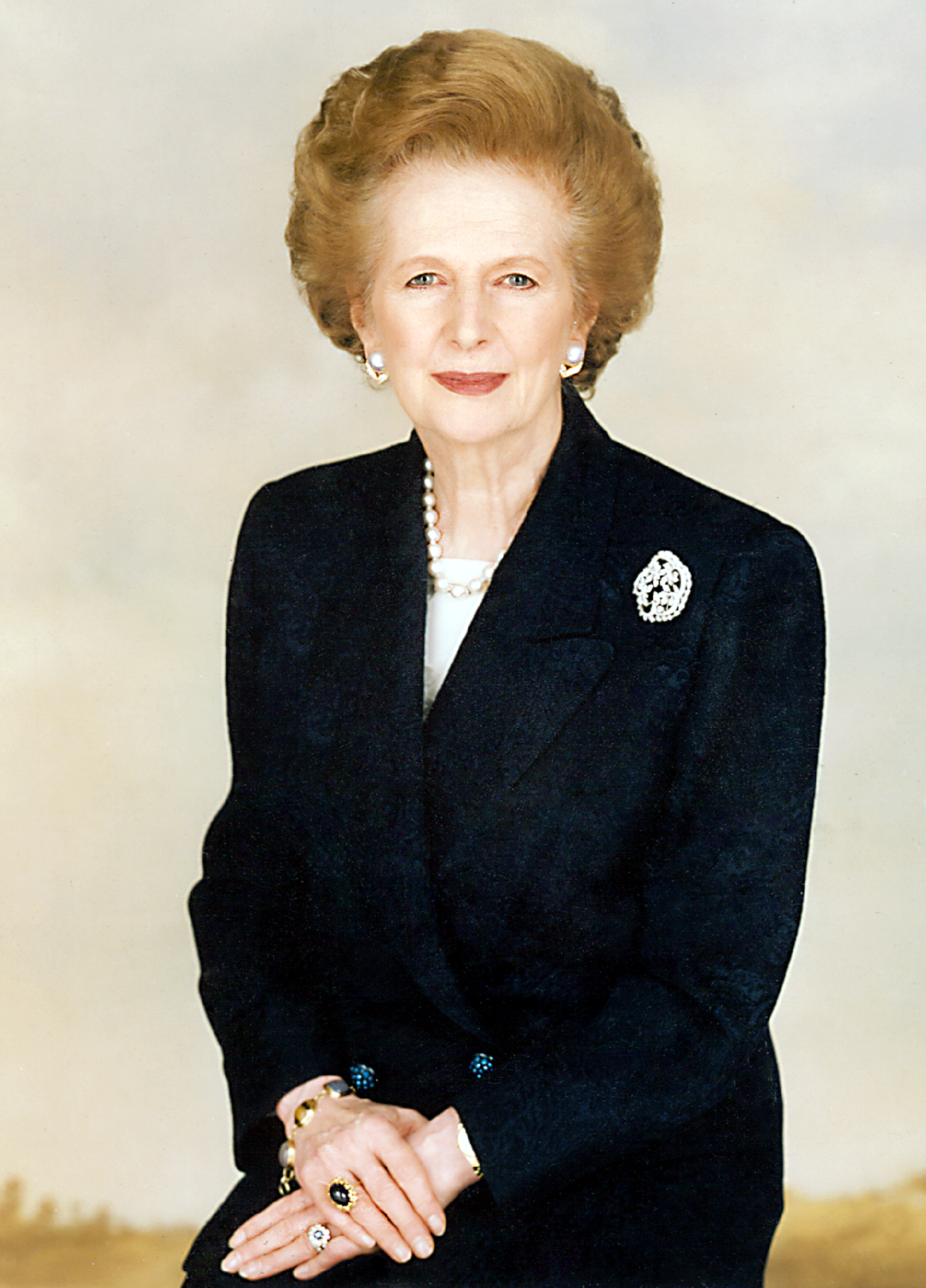
Margaret Thatcher (Photo: Wikipedia)
Simone de Beauvoir (1908 - 1986)
Simone de Beauvoir was a French writer, philosopher, and feminist whose works radically influenced modern thinking about gender and equality.
Her book The Second Sex became a manifesto of the feminist movement, highlighting women's issues in a patriarchal society. Beauvoir advocated for the liberation of women from social stereotypes and norms.
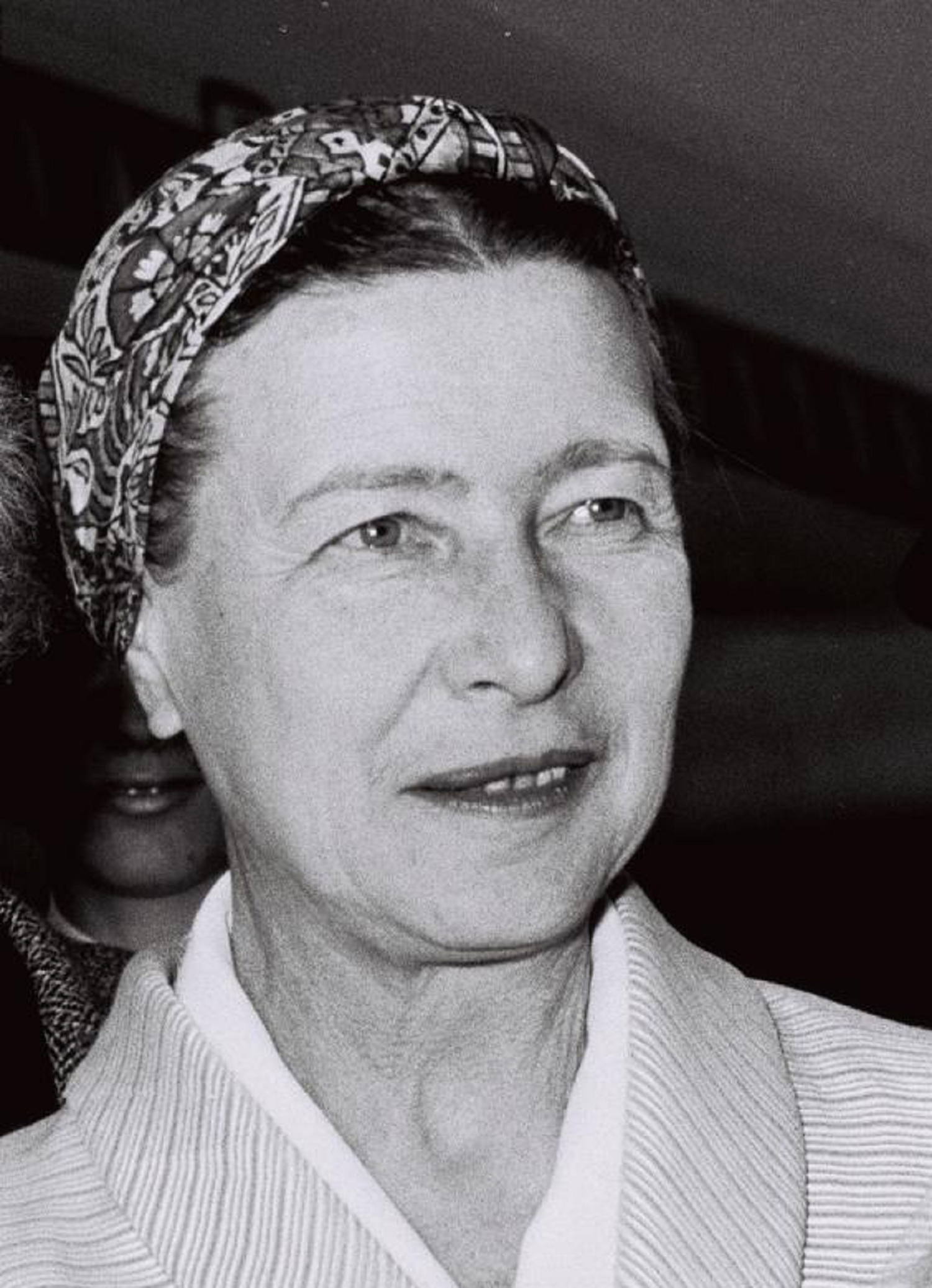
Simone de Beauvoir (Photo: Wikipedia)
Frida Kahlo (1907 - 1954)
Frida Kahlo was a Mexican artist whose work became a symbol of the feminist movement and Mexico's national identity.
Her art, filled with pain and personal experiences, became a powerful expression of gender identity, social inequality, and cultural heritage. Kahlo made a significant contribution to modern art and the fight for women's rights.
.jpg)
Self-portrait with thorn necklace and hummingbird (Wikipedia)
Mother Teresa (1910 - 1997)
Mother Teresa was a Roman Catholic nun and missionary who dedicated her life to helping the poor and sick in India. Her missionary work earned her the Nobel Peace Prize in 1979.
She founded the Missionaries of Charity and helped the most disadvantaged, making her a symbol of selfless aid and compassion.
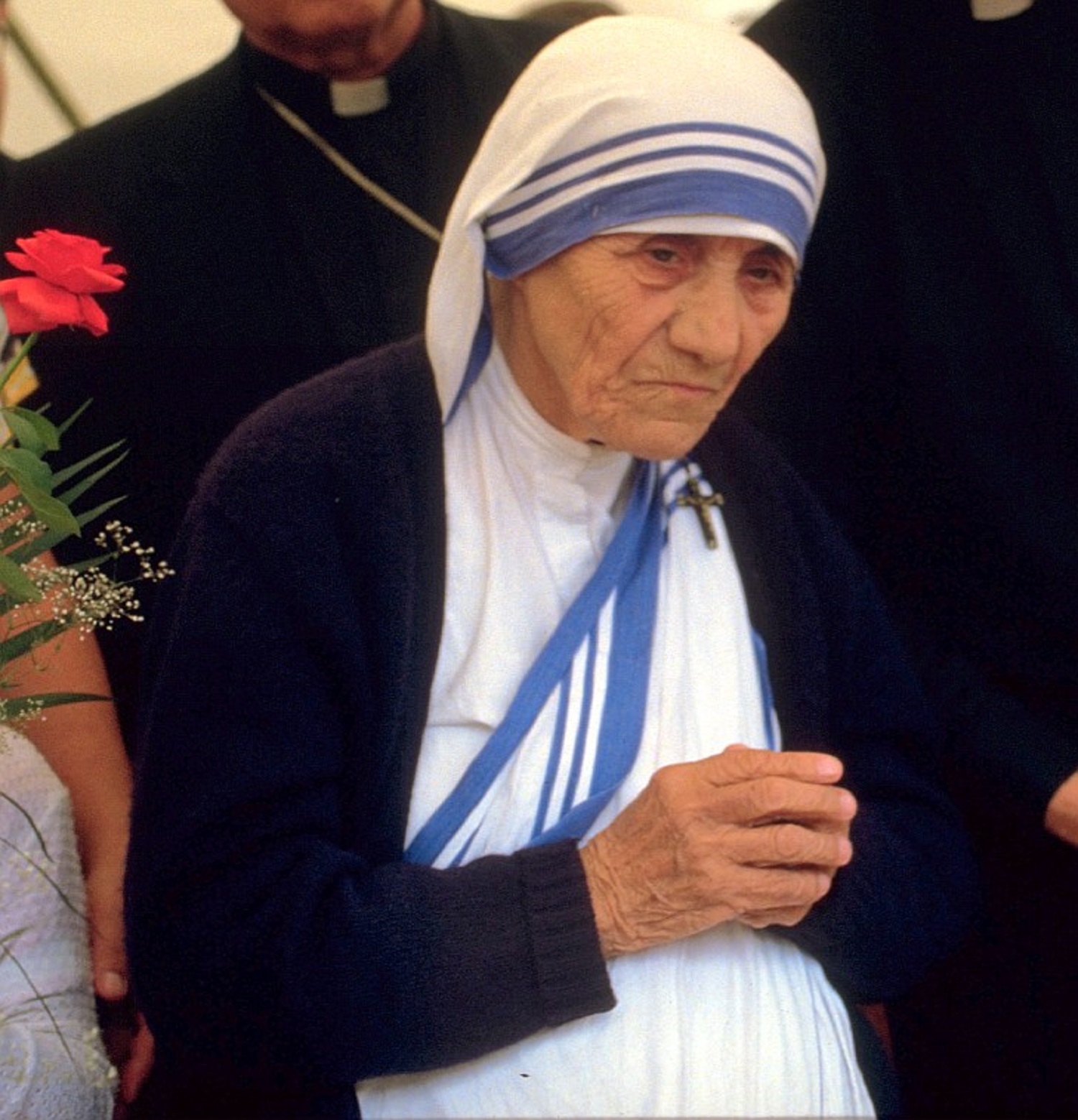
Mother Teresa (Photo: Wikipedia)
Previously, we wrote about 5 Nobel laureates born in Ukraine who achieved worldwide fame.
Sources: Time Magazine, History Extra, Wikipedia.

